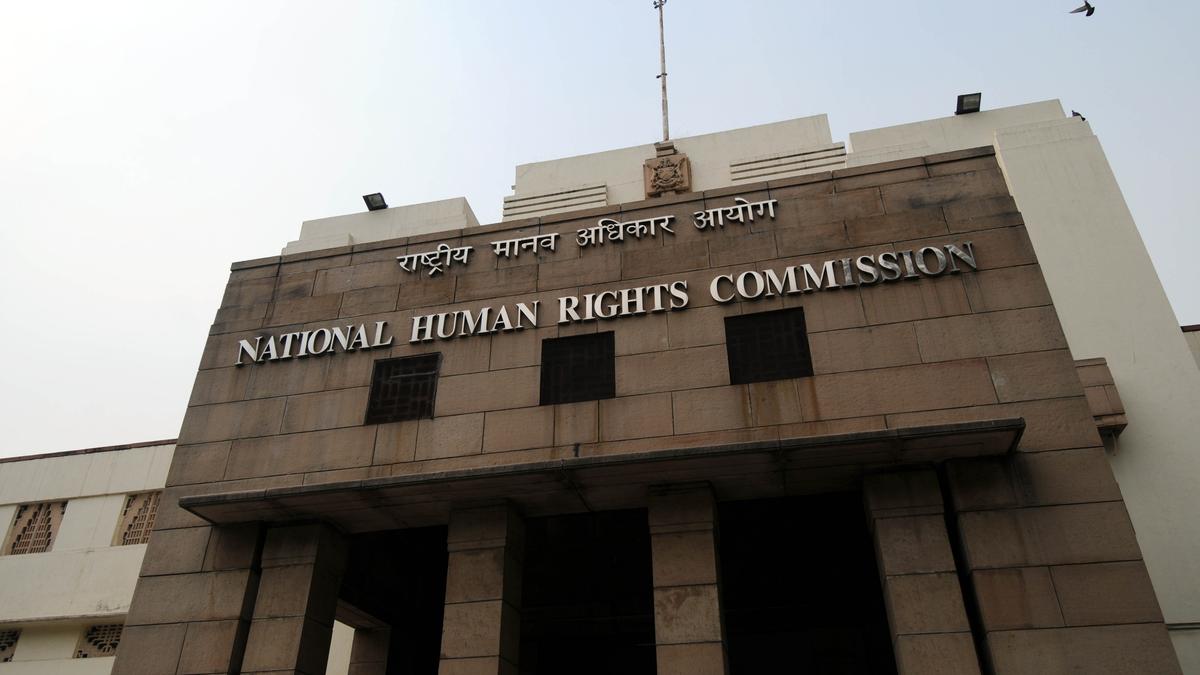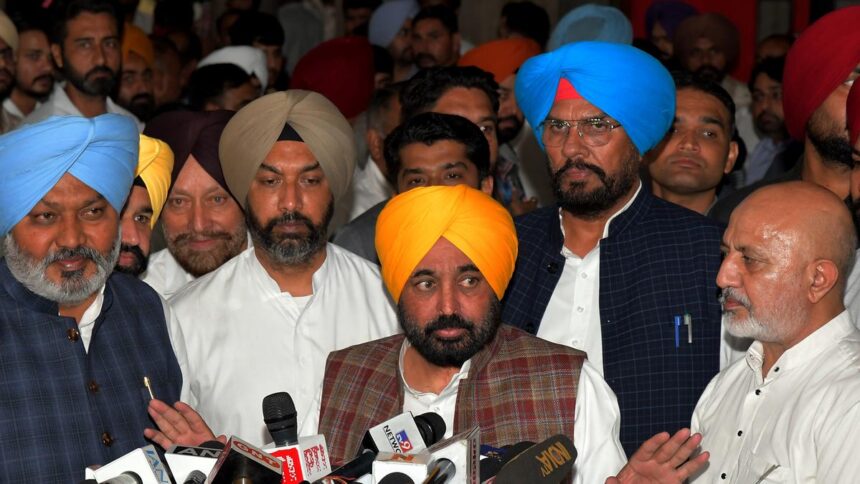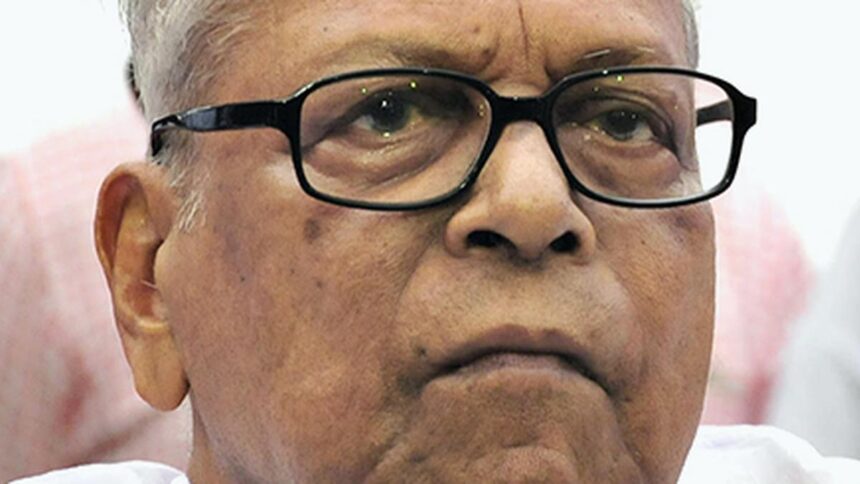
National Human Rights Commission office in New Delhi. File
| Photo Credit: The Hindu
Trans people under 18 years and above 60 years should be housed in special shelter homes, the National Human Rights Commission (NHRC) recommended on Thursday (September 4, 2025), in a report on the Garima Greh, shelters for transgender people which are run by NGOs with funding from the Union Ministry of Social Justice and Empowerment.
The Commission also found irregularities in the funds released to these special shelters, along with complaints of inexperienced staff and inadequate food for their residents.
NHRC secretary general Bharat Lal released the report, titled, ‘Rights of transgender persons — Revamping spaces, reclaiming voices’, which is based on the visit of an NHRC team to 12 such shelter homes in nine States. The team’s aim was to gather ground-level insights and develop evidence-based future courses of action for improvement in these shelter homes, he said.
Minors, elderly excluded
The Garima Greh shelters currently provide residential support for transgender people between the ages of 18 and 60, and are not permitted to house minors. However, as the only State-backed institutions for transgender individuals, these shelters frequently receive requests to accommodate gender nonconforming minors as well, the report said.
It suggested that the government establish child care institutions for trans children who face lifelong challenges that often intensify with age, as they experience compounded vulnerabilities stemming from social, economic, and healthcare disparities.
The report also highlighted the lack of dedicated shelter homes and welfare schemes specifically designed for elderly transgender people and recommended that separate shelter homes be opened for them as well.
“Current policy does not cater to gender non conforming children under the [Juvenile Justice] JJ Act or elderly transgender persons, leaving both age groups vulnerable,” the report said.
Funding delays
Documenting the delays in funds for the shelter homes, inadequate food and living allowances, limited government-supported premises, eviction threats, and poor living conditions, including a lack of privacy, which undermine shelter sustainability, the report recommended timely fund distribution and a check on the other loopholes.
The Commission also found that other challenges, such as overburdened staff, non-functional Project Monitoring Committees (PMCs) in States like West Bengal, lack of police sensitivity, and impractical reporting requirements, weaken the management of these homes.
Published – September 04, 2025 11:26 pm IST



















